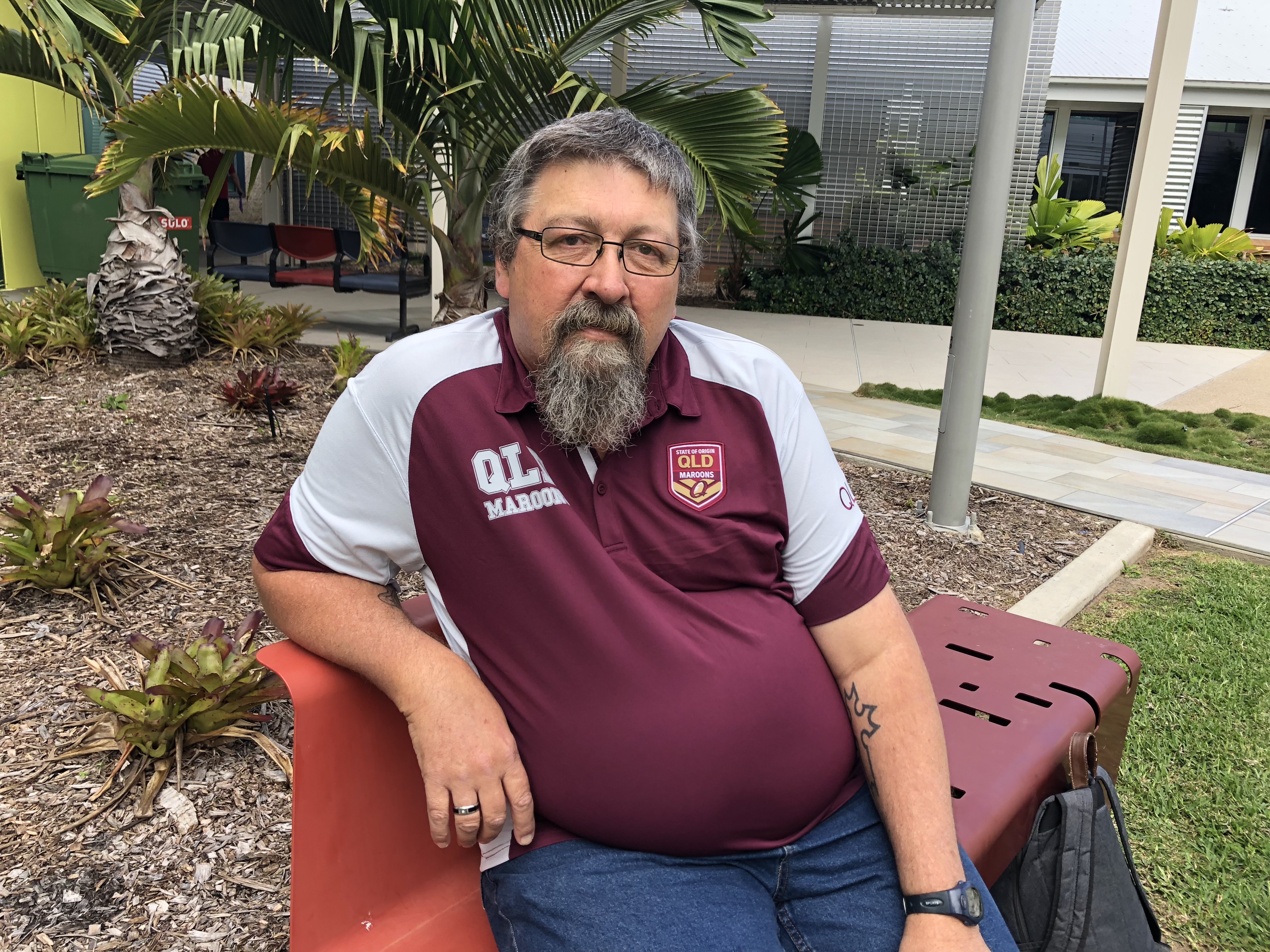May 18 started out as just another day for Glenn Caldwell.
He’d finished driving a busload of miners to work and had pulled up when suddenly his vision went blurry.
Knowing something was wrong Glenn rushed to a GP to get checked out.
“I got an appointment at the GPs and they tested my blood sugars but couldn’t get a reading because it was so off the scale,” he said.
“After some further testing they ended up sending me to hospital and I didn’t know what was going on. It was a scary experience.”
Glen’s blood sugar reading on that day was more than five times what it should be and he was diagnosed with type 2 diabetes.
“I spent four days in hospital and it was another four weeks until my eyesight returned to normal,” he said.
“I still haven’t been back to work because I am focussing on getting myself healthy first.
“I’ve made a lot of changes in that time; stopped smoking and drinking iced coffee and controlling my portion sizes. I don’t miss any of it and I am already feeling healthier.”
National Diabetes Week (8-14 July), campaign theme ‘it’s about time’ increases awareness and encourages people to know their risk to diabetes and the signs before it’s too late.
Mackay Base Hospital Endocrinologist Dr Dinesh Mahendran said delays in diagnosis are putting many people at risk of major life-threatening complications of diabetes.
“If left untreated, type 2 diabetes can lead to blindness, kidney damage, nerve damage, impotence, limb amputation, heart attack and stroke. Missing the early signs of type 1 diabetes can even be fatal,” he said.
“Just like Glen we all need to understand our risk to developing diabetes, look out for the early signs and symptoms and not take the gamble that ‘it won’t happen to me’.
“Leaving diabetes to progress not only risks your health and quality of life but also those you look after or look after you.”
Learning the early signs of type 1 diabetes and risk factors for type 2 diabetes can go a long way in the early detection and treatment.
“There’s a lot of information out there to support people in understanding their risk to all types of diabetes and the signs and symptoms,” he said.
“For type 2 diabetes and other chronic diseases there’s the online My health for life survey that can tell you what your risk is. If you are eligible it will also connect you to free coaching with a health professional.
“Getting regular check-ups with your GP is also imperative to diagnosing before it is too late.
“Lastly, knowing the early signs of type 1 diabetes could save your life. They are going to the Toilet a lot, feeling more Tired than usual, being Thirsty all the time and losing weight or looking Thinner than usual. If you have these symptoms you should immediately consult your doctor.”



